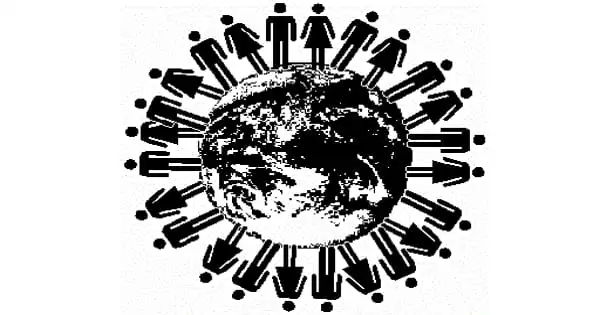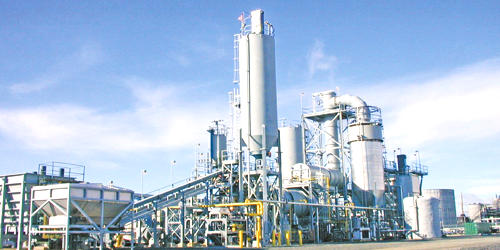Overpopulation occurs when the human population exceeds the carrying capacity of the ecological environment. In an overcrowded environment, the number of people may exceed the availability of essential survival materials such as transportation, water, shelter, food, or social amenities. This frequently contributes to environmental degradation, deterioration in the quality of life, or even population disintegration.
At the moment, the world’s population is over 78 million people, and it is growing by the day. Overpopulation is causing major problems in nearly every country in the world today.
The Earth now has a population of over 7.8 billion people. According to the United Nations, the world’s population will reach 10.8 billion by 2100, assuming steady fertility declines in many countries. Interestingly, if additional progress is made in women’s reproductive self-determination and fertility falls more than the UN estimates, the population in 2100 could be a relatively smaller 7.3 billion.
For the time being, the world’s population continues to grow at a rapid pace (about 80 million people per year), and our nonrenewable resource supply is depleting. Many factors, including falling mortality rates, underutilized contraception, and a lack of education for girls, contribute to these unsustainable trends.
Humans require shelter to live in. As the population grows, more houses must be built. As a result, forests are cleared in order to build houses. Plants and animals are deprived of their natural habitats. Their very survival is jeopardized. The ecosystem and thus the environment is altered, frequently for the worse.
As people congregate in towns and cities, they grow in size. Cars and other vehicles are clogging the roads. Road accidents are becoming more common. Even finding a place to park one’s car is difficult, and parking in a car park is expensive.
As the population grows, so does the demand for goods. As a result, everything costs more. The cost of goods and services has risen exponentially over the years. My father laments the fact that his $485 monthly salary is insufficient to meet the needs of our family of four — my parents, my sister, and me. He claimed that his father worked for $485 per month and raised his family of five children twenty-five years ago. It simply demonstrates how overpopulation has contributed to rising living costs.
We now live in a house with low water pressure. This was not the case even five years ago. The pressure is low because the old water pipes that supplied us with water now have to supply water to all of the new houses built nearby: with so many people drawing water from the same source, it’s no surprise that the water pressure is so low. We actually have to store water in tanks and buckets at night when the pressure is slightly higher so that we have enough water to use during the day when the taps literally drip. This is yet another issue caused by overpopulation.
When addressing overpopulation, it is critical to take an empowerment-focused approach while mobilizing against anyone advocating the use of coercion or violence to solve our problems. The combined efforts of spreading family planning knowledge, increasing women’s agency, and debunking widely held contraception myths will have a significant impact on the world’s population trajectory.
As a result, an ever-increasing population necessitates an ever-increasing supply of goods to meet their needs. More people necessitate more food, fuel, and other necessities. This, in turn, put additional strain on the earth’s ability to produce the necessary goods. Again, more land must be converted for agriculture and factories in order to produce these items. If the population continues to grow, there will be no way out. There will be an increase in the number of problems.
There is only one way out of this predicament, and that is to stop allowing the world’s population to grow any further. In this way, we can avoid adding to the already existing problems.
All of these questions remain unanswered by us and future generations (only if they get to see the environment as we are able to). As fellow human beings who live on Earth, it is our responsibility to address the issue of overpopulation, and we must use extreme caution not to further degrade the environment.
Our small actions could have a big impact on the environment. One of them is turning off the water while brushing your teeth. It is our duty and responsibility as a superior race to repair the damage we have already done.
















